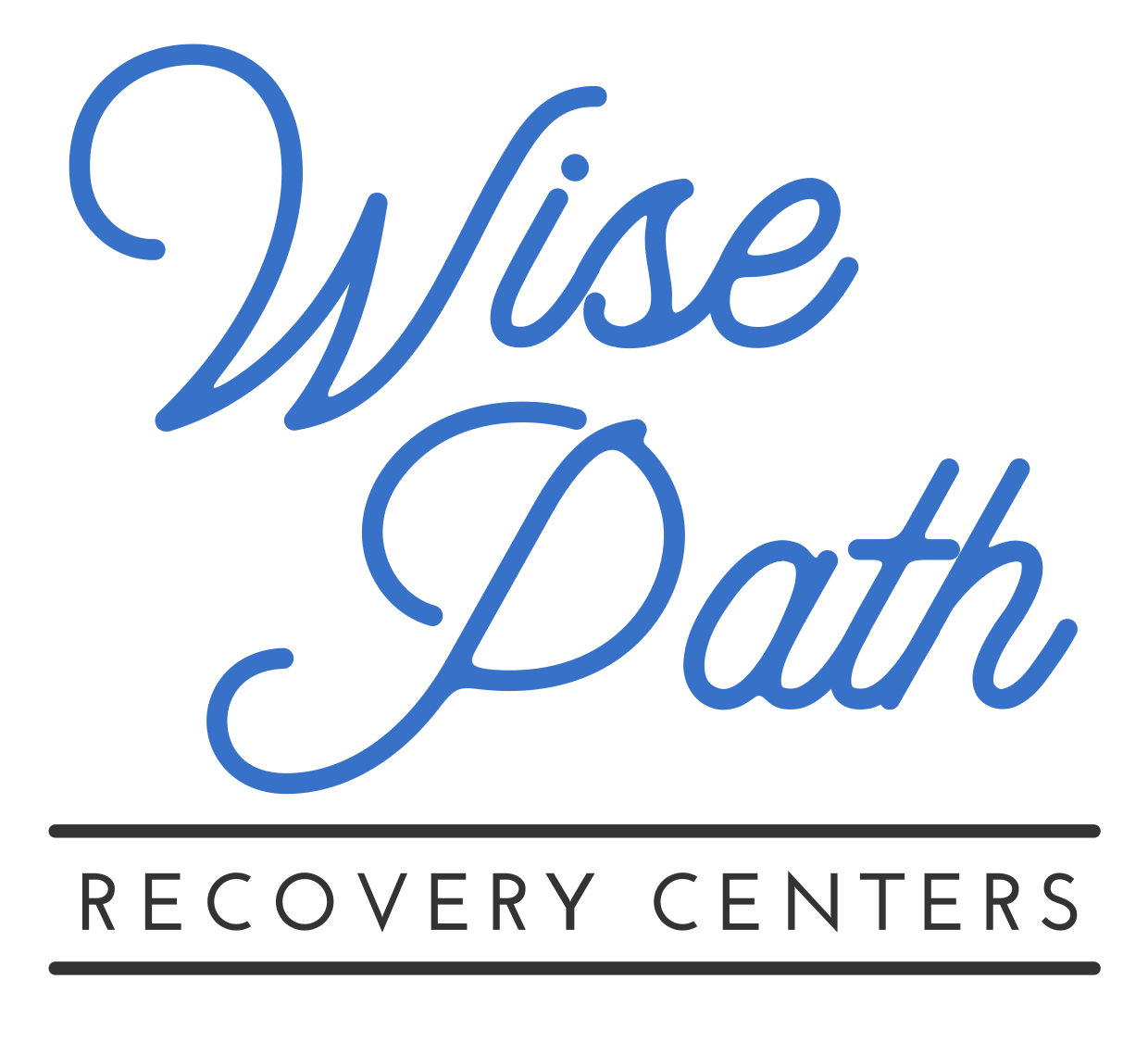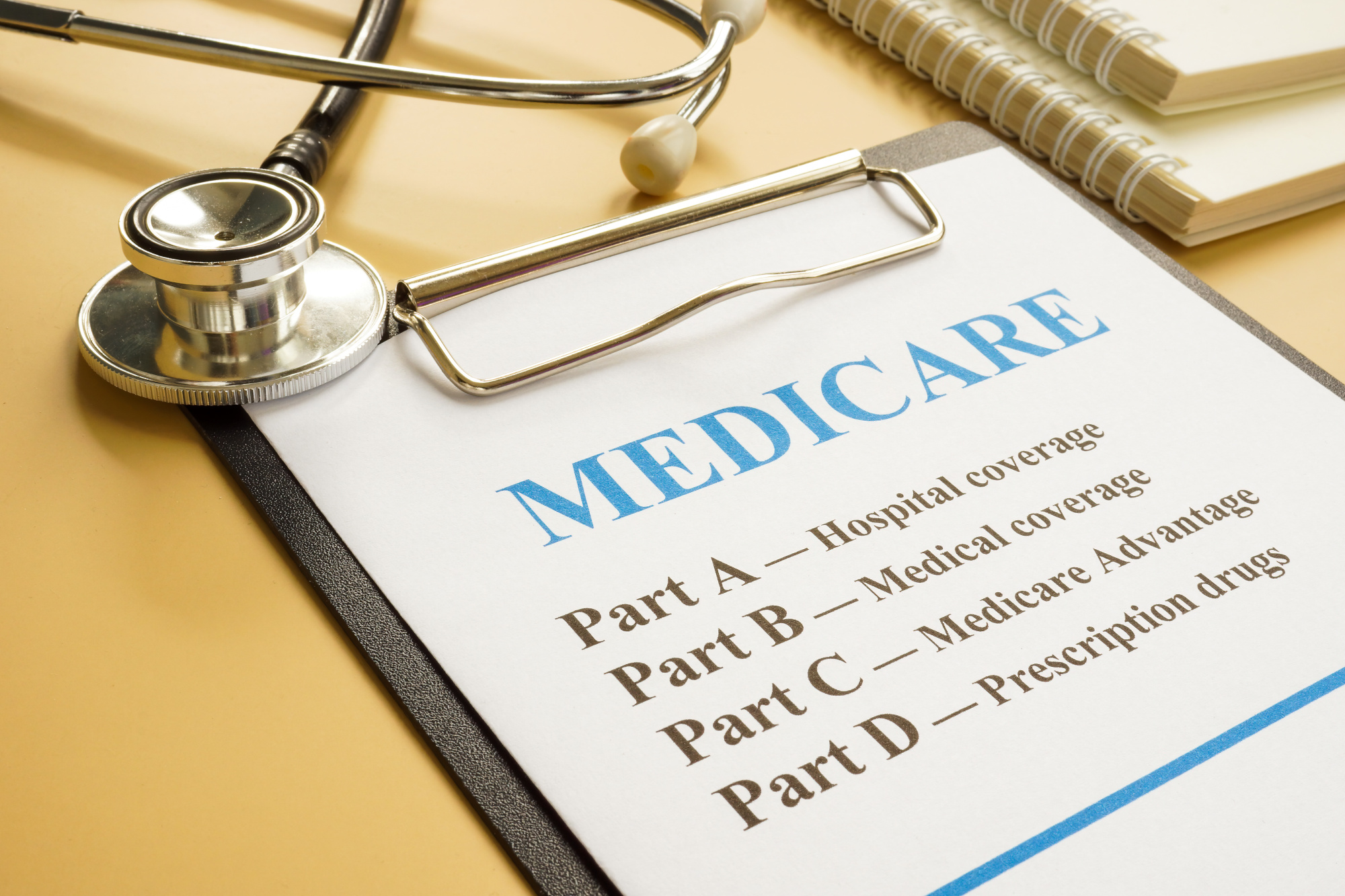Finding the right substance abuse treatment can feel like an arduous odyssey, often with many twists and turns. One such challenge in obtaining long-term recovery is negotiating Medicare while going through treatment. That’s where our experts at Wise Path Recovery Centers can help you understand Medicare substance abuse treatment options. We’ll walk you through the process of leveraging your federal insurance options for optimal results. Whether you need detox, residential care, medication-assisted treatment (MAT), or sober living support, Medicare can help cover many of these essential services. Read further to find out how.
Understanding Medicare and Its Coverage for Substance Abuse Treatment
As you navigate Medicare coverage for substance abuse treatment, it’s a good idea to get familiar with the different parts of Medicare and which parts cover what types of treatment. Here’s a brief rundown:
- Medicare Part B (Medical Insurance)
This part of Medicare supports outpatient care, such as therapy sessions, doctor visits, and medication-assisted treatment for substance use disorders.
- Medicare Part D (Prescription Drug Coverage)
Part D helps pay for medications that are commonly prescribed as part of addiction recovery plans.
- Medicare Advantage (Part C)
Offered through private insurers, these bundled plans include Part A and B benefits—and often go further by offering coverage for mental health services and prescription drugs.

Types of Substance Abuse Treatment Covered by Medicare in West Virginia
So, does Medicare pay for substance abuse treatment? The answer is yes, but you should be aware of which parts cover what type of service so you can be sure you’re receiving the proper care throughout your recovery. Here are the details about the various aspects of Medicare coverage for substance abuse.
Detox Programs
Detox is often the first step in recovery. Medicare Part A may cover inpatient detox in a hospital setting when medically necessary. Medicare Part B may cover outpatient detox services if they are part of a structured treatment program.
Residential Treatment
Medicare Part A may cover residential treatment if it’s provided in a hospital or approved facility. This type of care is typically recommended for individuals who need 24/7 supervision and support.
Outpatient Treatment
Outpatient care and treatment are covered by Medicare Part B. It covers therapy, counseling, and medication-assisted treatment. This option is ideal for individuals who are stable enough to live at home while attending scheduled treatment sessions.
Medication-Assisted Treatment (MAT)
This type of treatment combines the power of therapeutic medications with counseling and behavioral therapies to help manage cravings and lessen harsh withdrawal symptoms. Medicare Part B and Part D can cover medications like buprenorphine, methadone (in certified programs), and naltrexone.
Sober Living
Medicare substance abuse treatment does not typically cover rent in sober living homes, but certain therapeutic services provided in these settings may be covered. This can include counseling, group therapy, and case management.
Eligibility for Medicare-Covered Substance Abuse Treatment
To qualify for Medicare-covered addiction treatment, you must meet specific requirements:
- Be enrolled in Medicare Part A, Part B, or a Medicare Advantage plan.
- Receive care from a Medicare-approved provider or facility.
- Have a treatment plan that is deemed medically necessary by your healthcare provider.
If you’re unsure about your eligibility for Medicare and substance abuse treatment, Wise Path can help guide you through the process.

How to Use Your Medicare Benefits for Substance Abuse Treatment in West Virginia
To access Medicare substance use treatment benefits, follow these steps:
- Consult Your Doctor: Start by speaking with your primary care doctor or a mental healthcare provider to discuss your treatment options.
- Verify Coverage: Contact Medicare directly or review your Medicare plan to confirm which services are covered.
- Choose a Medicare-Approved Facility: Select a treatment center like Wise Path that accepts Medicare and offers the services you need.
- Understand Costs: Medicare may cover a portion of your treatment costs, but you may still have co-pays, deductibles, or other expenses. Discuss payment details with your provider to avoid unexpected bills.
Wise Path Recovery Centers: Compassionate Care with Medicare Coverage
At Wise Path, we’re dedicated to helping individuals overcome substance use challenges with personalized care and support. We proudly provide Medicare substance abuse treatment to ensure that individuals seeking recovery can access the services they need without added financial stress.
Our Columbus, IN facility provides a range of Medicare-covered treatment options, including:
- Detox Services: Safe, medically supervised care to help individuals manage withdrawal symptoms.
- Residential Treatment: Structured inpatient care for those needing intensive support.
- Medication-Assisted Treatment (MAT): Evidence-based care that combines medication with counseling to improve recovery outcomes.
- Sober Living Support: While Medicare may not cover rent in sober living homes, we offer covered therapeutic services that support ongoing recovery.
Our compassionate team is committed to guiding you through the Medicare process to ensure you understand your benefits and receive the care you deserve. Whether you need help verifying your coverage, navigating costs, or planning your treatment, we are here to support you every step of the way.
If you or a loved one is seeking Medicare substance abuse treatment in West Virginia, contact us today to begin your journey toward lasting recovery.
Additional Support for Medicare Beneficiaries
- State Health Insurance Assistance Programs (SHIP): This program offers unbiased guidance to individuals navigating the Medicare system, and the counseling is free.
- Medicare.gov: This site can give you official information about coverage, costs, and provider directories.
- Wise Path Recovery Centers: Our staff is available to help you understand how to use Medicare for your recovery.
Conclusion
We hope this guide finally puts the question, “Does Medicare cover substance abuse treatment?” to rest in your search for critical information on this subject. To be sure, Medicare can be an essential resource for those seeking help. If you or someone you care about is facing challenges with substance use, understanding how to use Medicare benefits can open the door to real, effective addiction treatment services. At Wise Path Recovery Centers, we’re here to help you navigate your coverage and get support for detox, medication-assisted treatment (MAT), residential care, and sober living options. With the right guidance and a compassionate team, recovery is not just possible – it’s within reach.
FAQs About Using Medicare for Substance Abuse Treatment
Does Medicare cover substance abuse treatment?
Yes, Medicare covers various substance abuse treatment services, including detox, inpatient and outpatient care, medication-assisted treatment (MAT), and some counseling services. Coverage depends on the type of care needed and whether the provider is Medicare-approved.
Does Medicare cover inpatient substance abuse treatment?
Yes, Medicare Part A covers inpatient substance abuse treatment in a hospital or Medicare-approved residential facility when deemed medically necessary. Coverage may include room and board, medical services, and therapy.
Does Medicare cover outpatient substance abuse treatment?
Yes, Medicare Part B covers outpatient substance abuse treatment services, including counseling, therapy, and medication-assisted treatment. This is ideal for individuals who are stable enough to attend treatment while living at home.
Does Medicare cover residential substance abuse treatment?
Medicare Part A may cover residential treatment if it’s provided in a hospital or Medicare-approved facility.
Does Medicare cover transportation to substance abuse treatment facilities?
Medicare may cover emergency ambulance transportation if it’s medically necessary. However, non-emergency transportation to treatment centers is generally not covered unless provided by a Medicare Advantage plan with additional benefits.
Can I switch my Medicare plan to better cover substance abuse treatment?
Yes. During the Annual Enrollment Period, you can switch to a Medicare Advantage plan. You can also switch during the Medicare Advantage Open Enrollment Period if you find a plan that offers better coverage for addiction treatment.
Does Medicare cover counseling and therapy for family members?
Medicare may cover family counseling if it directly relates to your treatment plan and is considered necessary for your recovery. Be sure to ask your provider about this option.
What if I relapse? Will Medicare still cover my treatment?
Yes, Medicare continues to provide coverage if you require additional treatment following a relapse. However, your healthcare service provider must demonstrate that services are medically necessary.
Are there Medicare-approved rehab centers specifically for seniors?
While Medicare-approved facilities often accept individuals of all ages, some treatment centers specialize in senior care, providing age-appropriate therapy and support.
Can Medicare cover outpatient treatment while I stay in a sober living home?
Yes, while Medicare typically won’t cover the cost of sober living rent, it can cover outpatient therapy, counseling, and medication-assisted treatment while you reside in a sober living environment.
Does Medicare cover alternative therapies like acupuncture or holistic treatments for addiction?
Medicare may cover acupuncture specifically for chronic pain management but does not generally cover alternative therapies for substance abuse treatment unless integrated into a medically approved program.
How can I confirm that my treatment provider accepts Medicare?
You can confirm Medicare coverage by contacting your provider directly, visiting Medicare.gov’s provider directory, or calling Medicare’s helpline at 1-800-MEDICARE.
What if I can’t afford my Medicare deductibles or co-pays for treatment?
If you’re concerned about costs, you may qualify for financial assistance programs like Medicaid, Medicare Savings Programs, or Extra Help for prescription drug costs.
Can Medicare cover virtual or telehealth addiction treatment services?
Yes, Medicare Part B covers telehealth services for substance abuse counseling, mental health treatment, and MAT in approved programs.

